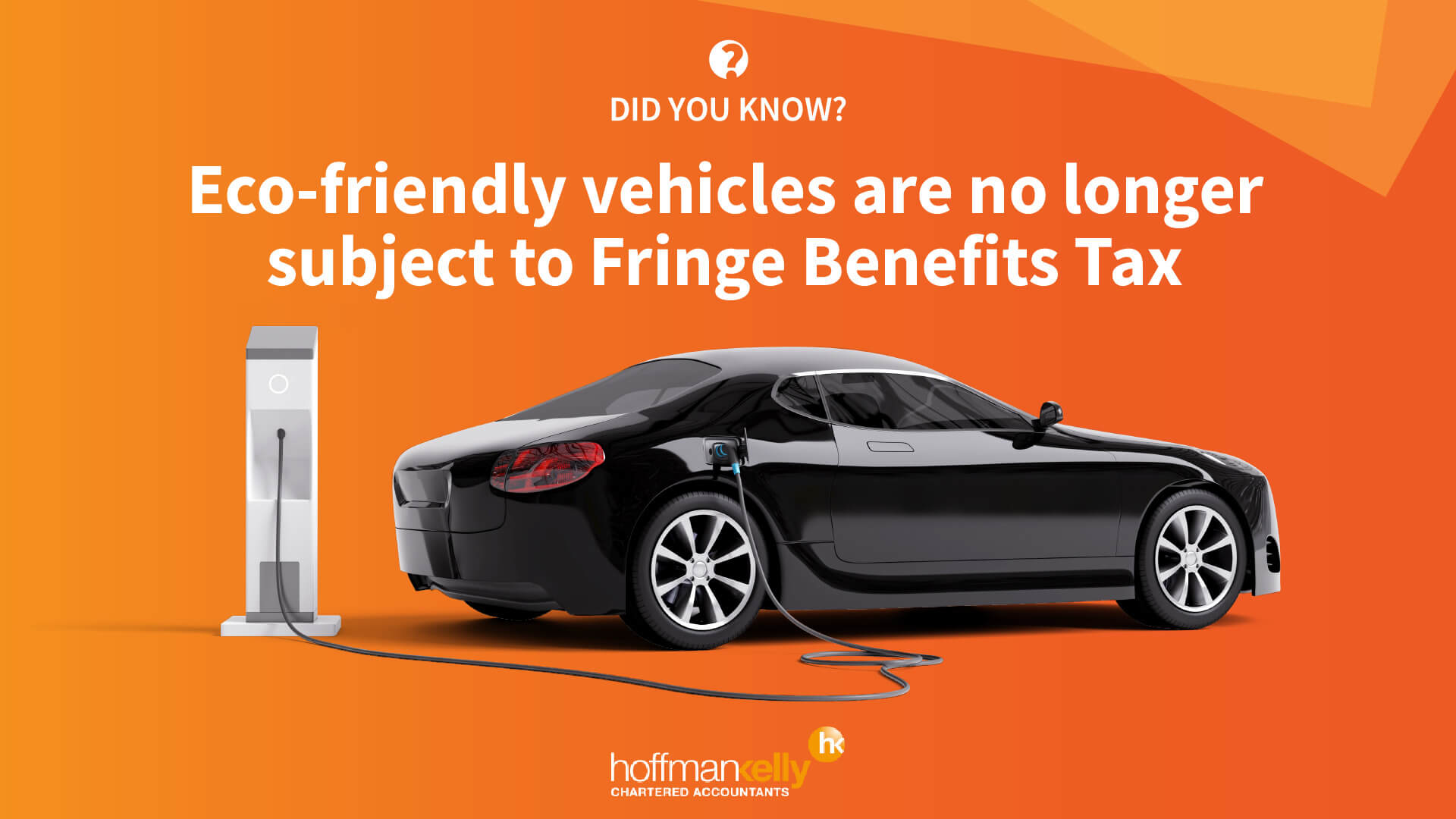For a lot of companies in Australia, a company vehicle is a necessity for their employees. Up until recently, only companies that provided their employees with a utility vehicle, taxi, or panel van were exempted from paying Fringe Benefits Tax associated with their company vehicles, while any passenger-type cars were not.
Electric vehicles have seen a huge surge globally; in 2021 the number of fully electric vehicles sold has more than tripled those of 2018. Europe has seen the biggest increase, with 17% of all auto sales in 2021 being some kind of electric vehicle. In Australia, however, electric vehicle sales accounted for only 1.57% of the light vehicle market.
As part of the Australian Government’s push for reducing environmental impact and footprint, employers purchasing an electric vehicle for their employees will now be exempt from Fringe Benefits Tax. Electric and hybrid-electric company vehicles, with a purchase price below the 2022-2023 luxury car threshold of $84,916 (including GST), purchased for employees, will no longer be subject to the Fringe Benefits Tax normally associated with company cars.
The new proposal will be effective retrospectively from 1 July 2022, as long as that is when the car was first purchased or held. Based on companies’ uptake of the electric vehicle exemption, the proposal will be reviewed in three years’ time to see the effect it has had on the electric vehicle market in Australia.
Employees will still be required to report the vehicle as a Reportable Fringe Benefit Amount (RFBA), to ensure the benefit is not used to reduce income tests and associated payments.
While the proposed amendment is not yet law and is subject to potential change before being finalised, this presents a huge win for Australian companies looking to be more conscious of their environmental impact, and move towards a more sustainable and economic future, while reducing their own tax liability for the financial year. The Senate Economics Legislation Committee has advised there is support for the legislation and suggested it should be passed quickly.
EXAMPLE
Louise receives a salary of $250,000 and is considering packaging either an electric vehicle or a standard vehicle with her employer. She does not do tax-deductible travel (approx 20,000km of private travel per year), so previously any salary packaging of her vehicle would not have been tax effective due to the FBT rules. With the new legislation, the difference is stark.
| Electric Vehicle ($64k) | Non-Electric ($40k) | |
|---|---|---|
| Lease Payments | $13,560 | $8,472 |
| Petrol / Electricity | $675 | $3,600 |
| Insurance | $1,200 | $800 |
| Repairs & Maintenance | $1,000 | $1,000 |
| Registration (GST-Free) | $1,000 | $800 |
| Total (inc GST) | $17,435 | $14,672 |
| Less: GST credits | – $1,494 | – $1,261 |
| GST Exc TOTAL | $15,941 | $13,411 |
| FBT | ||
| Base Value | $64,000 | $40,000 |
| Stat Fraction | 0% | 20% |
| Gross Taxable | $0 | $8,000 |
| Less: Employee Contributions | 0 | – $8,000 |
| Taxable Value / FBT Payable | 0 | 0 |
| Employee Contribution | 0 | 0 |
| GST on Employee Contribution | 0 | $727 |
| Salary Sacrifice Amount | $15,941 | $6,138 |
| Increase in net disposable income | $8,986 | $3,419 |
| Total Cost | $6,955 | $9,992 |
By salary packaging an electric vehicle, Louise could receive an increase to her net disposable income of $8,986 and is also over $3,000 better off than if she packaged a much cheaper non-electric vehicle.
Get In Touch
Reach out to the team at Hoffman Kelly to chat through these changes for your business and whether you or your employees could achieve substantial savings by packaging electric vehicles.

